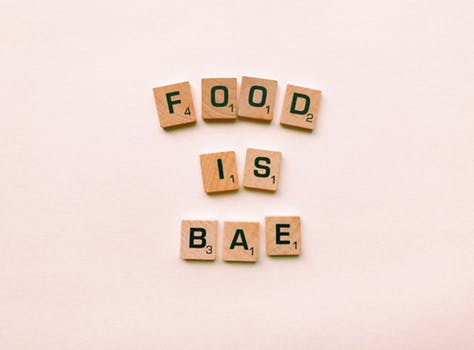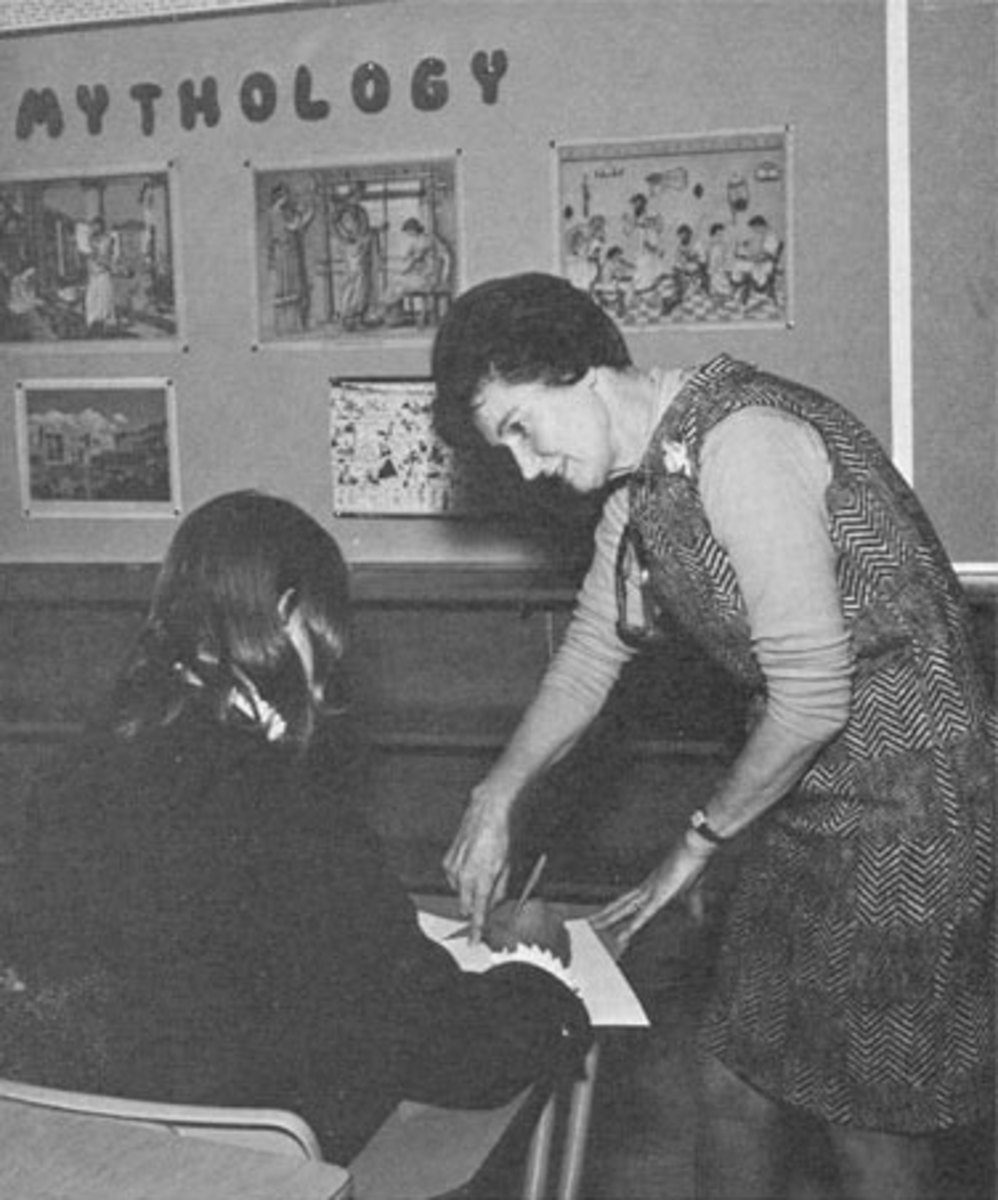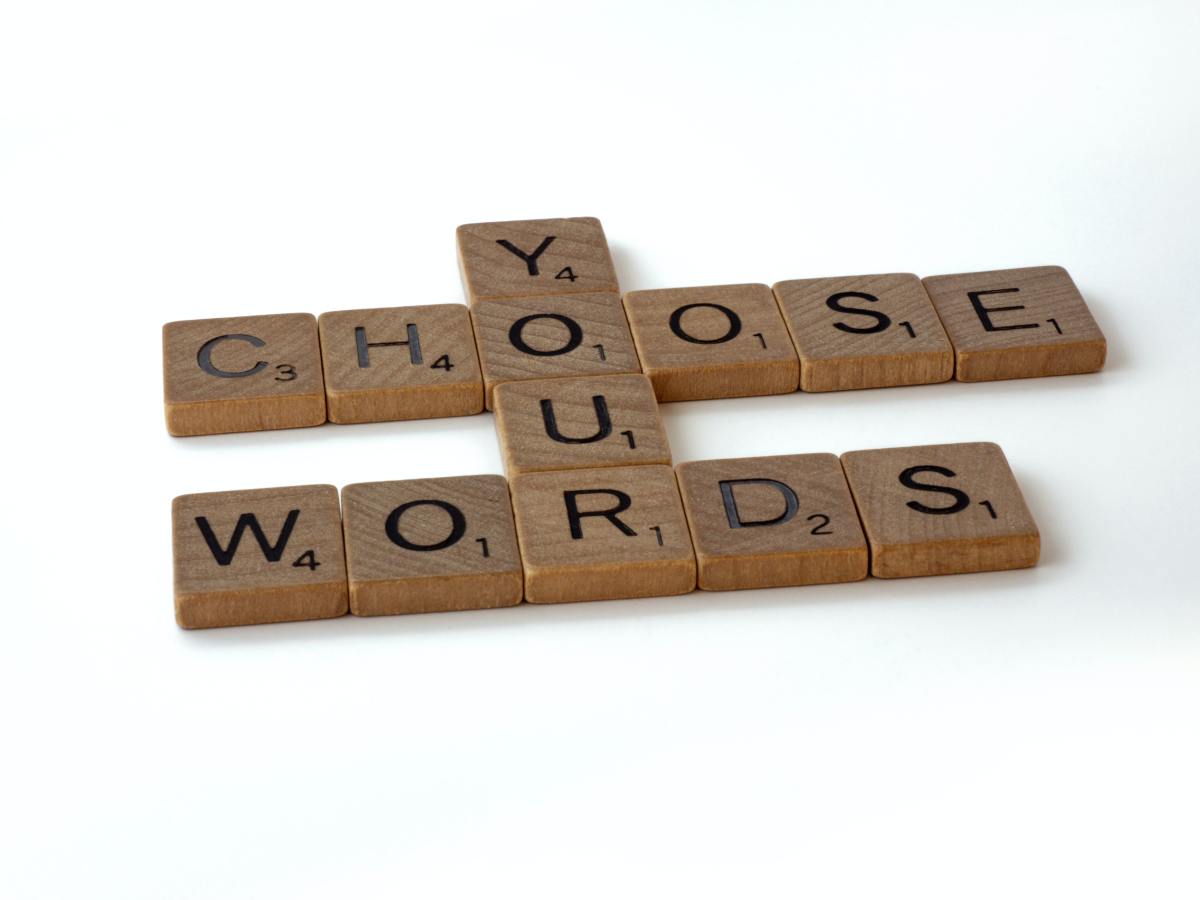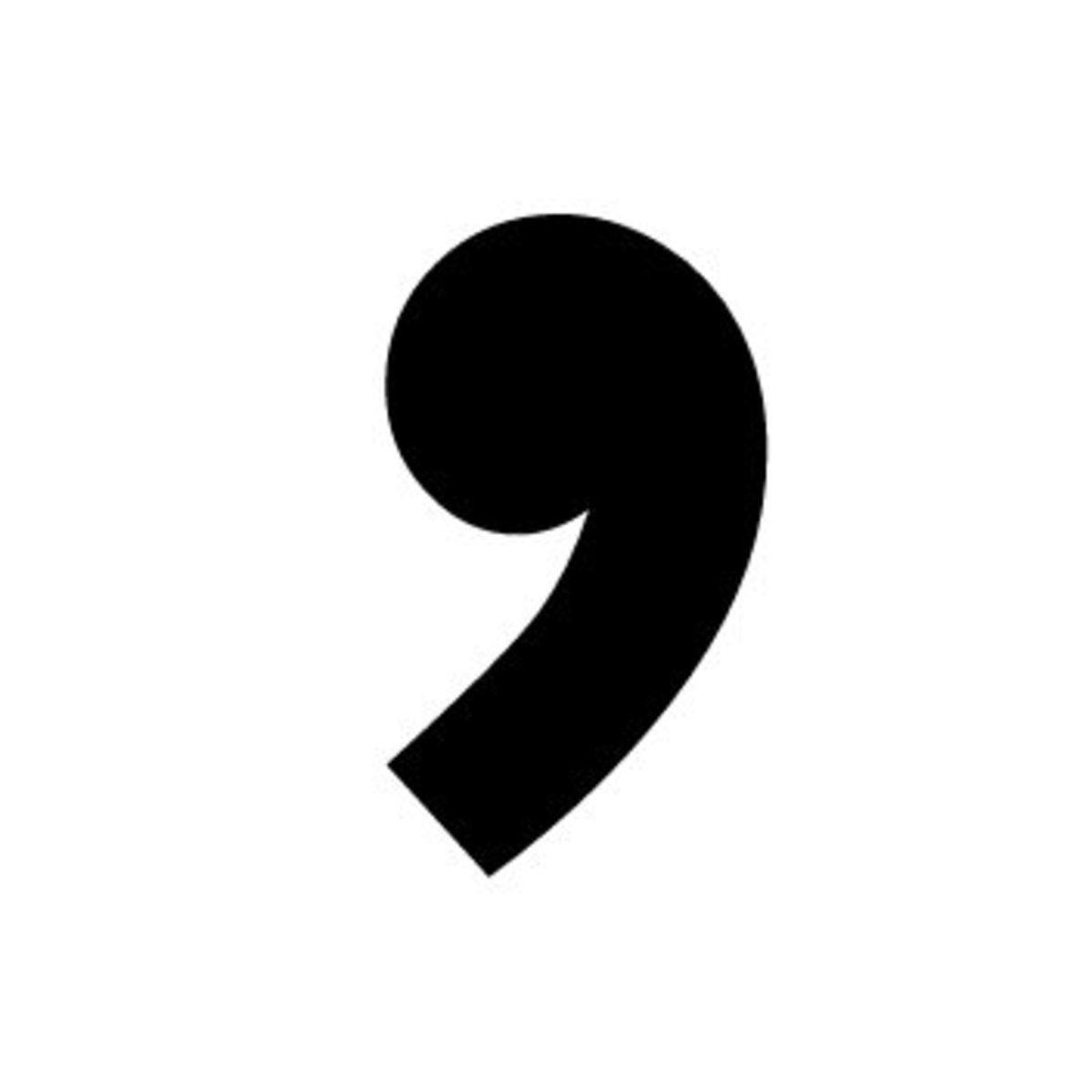Misused Words in the English Language
Misused Words in the English Language
Writers learn about their language every day.
I have come across many online articles with grammatical errors. Words used in the wrong text, and words of the same pronunciation have different spelling.
I am South African, and my first language is English but now that I am speaking both languages, Croatian and English language.
I think at times I am losing some of my English grammar, and indirect translation of the Croatian language to the English language.
To me, it is a problem, but I am enjoying learning something new about a new foreign language every day.
Information is about misused words. The misuse of the English language can be a problem for many non-English speakers.
Though it is normal for everybody to make mistakes it is just a matter of time before one realizes their error. Often this is from poor attention to proofreading.
How often have you made mistakes in writing, and only seen the error after the article has been published?
Spelling is one of the mistakes made by almost everyone while browsing online.
I found other articles dated from two to three years ago and had spelling errors instead of ''If '' there was just ''f'' the ''I'' was missing and to thought that the information was from a professional site.
The other mistake when writing with misuse of words like the following:
Stationery- office or school material such as pens, pencils, or books
Stationary- when a vehicle is parked off and not in motion.
Then- an incident happened at that time it was then.
Then- one is more than two.
Their- something that belongs to them, ''she is their child.''
There- A place to go or something is there at that position.
Be- to be at a place or to refer to someone or something.
Bee- a flying insect that delivers a sting.
Wait- to be there for someone and it takes time to see them meaning you must wait a while.
Weight- What one weighs in kilograms, can also be an object.
See- Your eyes see the world.
The sea- is the beautiful beach and the calm sea.
Write- When one puts pen to paper and writes a letter.
Right- you are right about the events or facts.
Hare- a hare is like a rabbit that runs very fast.
Hair- you have hair on your head.
Flower- the flower is beautiful in my garden.
Flour- a powder used as part of your baking ingredients or for the making of fresh bread.
For- is used like this I had to do this for you to help someone or to benefit from it
Four- the number after three.
Spelling errors are often overlooked but a writer can easily lose their skills if they do not pay attention to their mistakes.
How do you use words?
Using words that are linked can be used in different texts when writing a sentence in sequence one can use the following words:
What happened next, then one would start with first, first, and go on to the next second or second.
This goes on to, also, or another and then finally you get to the conclusion.
When using into and into these words can also be misused. The boy went into the room to talk to his girlfriend.
He walked in to see his close friend. In speaking of a result, you use words such as therefore, thus, or consequently.
When using the words to emphasize something you use words such as the following: Indeed, in fact, especially importantly, or generally.
To reason with, one should use because for what or that reason.
Since when or then that is a reason for the occurrence of an incident?
When writing and using an example, you use words such as, including that, or that is an example of, or such as and give the examples required in your sentence. In contrast, one should use nevertheless, however, still although or whereas.
When writing in the context of the contrary one should use words such as, likewise, also, similarly, like or just as.
Sometimes words are misused when writers do not know the use of certain words. Literally and figuratively, it is also misused or misunderstood by many writers.
What are Literal and Figurative languages?
Literal language is about facts and has the direct meaning of what one is talking about.
The figurative language means something thought of as an idea by the individual to think about and have an image of in one’s mind, also factual.
One can use a simile and a metaphor to show literal and figurative language. He walked like a tortoise. It does not mean he is a tortoise, but his actions are like the tortoise.
Metaphorically one can say he is a tortoise then again it is up to you how the meaning of actions is recognized.
Words are often used wrongly and spelt wrongly, and if you take your time to read your article you will find many errors. Nobody is perfect, mistakes are made but think about it you are a writer and writers must pay attention to every word in their articles.
Many readers come across your work and you need your steady platform, Writing and earning online is not easy after so many years of writing I finally found my best place to be.
No matter how much time you put into your work there are still many obstacles to pass by before you get to the top.
If you are not familiar with the use of English words, then further your lessons in the English language and improve your writing skills in the same way.
Pay attention to the following words and how one can misuse these words:
So, when do you use the words, could of, should of, or would of?
Do you think it is the right way to use these words?
No, instead of could of, should of or would of one should use could have, should have, and would have.
There again grammar is completely out of style. I have noticed when using you and another person in a sentence, always use me last and your friend first like the following example:
''My friend and I went to town for the day.''
Also, I have noticed I am writing in small letters, wrong again. I should always be in the capital letters as you are referring to an individual.
Sometimes one uses that instead of who.
If you are speaking about an animal or an object you use that but in speaking of a person then you use who, or with whom.
It depends on what you are writing about. Okay, another problem with the confusion of words
Toward and Towards
In America, English Toward is used and in the British English language towards is the popular word here again, whichever one you choose to use is fine and up to you.
Try to use words in their correct meaning.
Using apostrophes
When using `` has instead of it is, often the apostrophe is not used.
‘’It’s there,’’ should be it has there, or it is there.
People lose track of their language when they fail to speak in the proper text.
if you pay attention to the unused words you can learn more from the English language.
Misused Words



Words are often misused or mispelled
Are you confused by the misuse of English words?
This content is accurate and true to the best of the author’s knowledge and is not meant to substitute for formal and individualized advice from a qualified professional.
© 2013 Devika Primić








